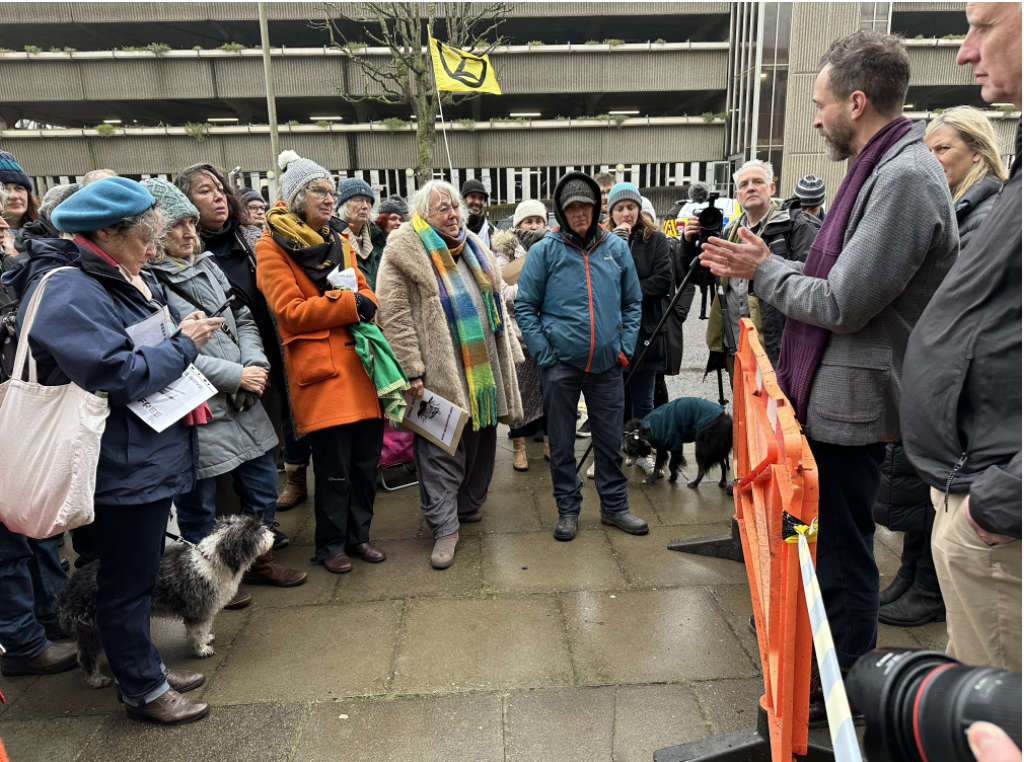
Contractors are expected to start using an oil-based version of glyphosate weedkiller on the streets of Brighton and Hove within months.
Brighton and Hove City Council will have to find an estimated £300,000 in the budget for the coming financial year to pay for the push to tackle the burgeoning weeds.
Councillors voted for the return of the controversial herbicide at a meeting at Hove Town Hall yesterday (Tuesday, January 23) almost five years after a decision was made to end its use.
The vote followed five years of unmanaged weed growth, which drew half a dozen plaudits but dozens of formal complaints including two insurance claims, one of which ended in a £210 payout.
The council and the city has attracted unfavourable coverage on social media and in traditional media, with complaints including damage to paths, kerbs, roads, walls and other infrastructure.
The decision – by the council’s City Environment, South Downs and the Sea Committee – to employ contractors reflects the struggle that the council has had in recruiting people to remove the weeds manually.
The contractors will be expected to use a “controlled droplet” approach with the herbicide – sold commercially as Roundup – applying it to individual weeds rather than spraying it as previously.
Environmental campaigners gathered outside Hove Town Hall before the meeting on Tuesday (Jan 23) to voice their disapproval.

Labour councillor Tim Rowkins, who chairs the committee, said that it was necessary to keep parks and open spaces glyphosate-free and that the council was committed to doing so.
He said that other councils – including in East Sussex, Oxford and Edinburgh – had reintroduced the weedkiller after failing to find a viable alternative.
Councillor Rowkins said:
“A conventional glyphosate application would have been the easiest option. It’s what we used to do. It’s what the vast majority of other councils do. We know it works and it is cost-effective.
“But I and the other members of this committee take concerns around safety and biodiversity extremely seriously.
“That is why we have gone above and beyond to find a way forward that substantially reduces any health and safety risk and potential impact on biodiversity.”
The controlled droplet method uses less glyphosate but is more focused. It is suspended in a non-toxic oil solution and sticks to target plants, producing no breathable droplets.
The roots of the council’s invasive problem can be traced to a pledge made by candidates of all political colours in the run up to the 2019 election. Dozens backed the pledge drafted by the Pesticide Action Network (PAN) to ban glyphosate.
The organisation, though, proposed a phased approach rather than the “cliff-edge” halt to chemical use that the council pursued five years ago.
Councillors said that there had not been a significant problem with weeds when the ban was introduced.
But lower footfall in many places during the coronavirus pandemic and difficulties recruiting staff meant that the weeds took hold and have become more resilient.
Green councillor Sue Shanks said that, after reading the Rachel Carson book Silent Spring in the 1970s, she had become concerned about chemicals that kill animals, particularly pollinators.
Councillor Shanks said:
“The controlled droplet application, the option you (Labour) are going for, may not be effective in removing weeds compared to traditional glyphosate.
“It is an untried and untested way to manage weeds on hard surfaces on a large scale. Because of this more applications are required.”
A report to councillors said that three applications would be required this year.
Councillor Shanks called for an “opt-out”, with residents allowed to clear the weeds in front of their own homes rather than have weedkiller applied.
Conservative councillor Carol Theobald said that the number one complaint from Patcham residents was the state of weeds on the pavements and high grass blocking access to benches by bus stops.
She said: “The whole of the city looked a terrible disgrace. Even around Hove Town Hall looked terrible.
“The council has an equalities duty to keep the highways clear of obstructions, so this should be done.”
Labour councillor Ty Galvin, who is also vice-chair of the Brighton and Hove Older People’s Council, said that both he and his wife often have to walk in the road because of uneven pavements and weeds blocking their way.
Councillor Galvin said:
“As a result of us not treating the weeds over the years, we have confined people to their houses because of that fear of tripping in the streets.
“The method we are considering using is the most considerate method available and it will improve the situation.”
The committee unanimously voted to continue the ban on using glyphosate in parks and open spaces except to manage invasive species.
Councillor Shanks was the only member to support a policy of continuing with manual weed removal while Councillor Theobald backed Labour’s proposal to try the controlled droplet approach to killing weeds.
Labour and Councillor Shanks voted against a return to traditional glyphosate spraying, with Councillor Theobald abstaining.

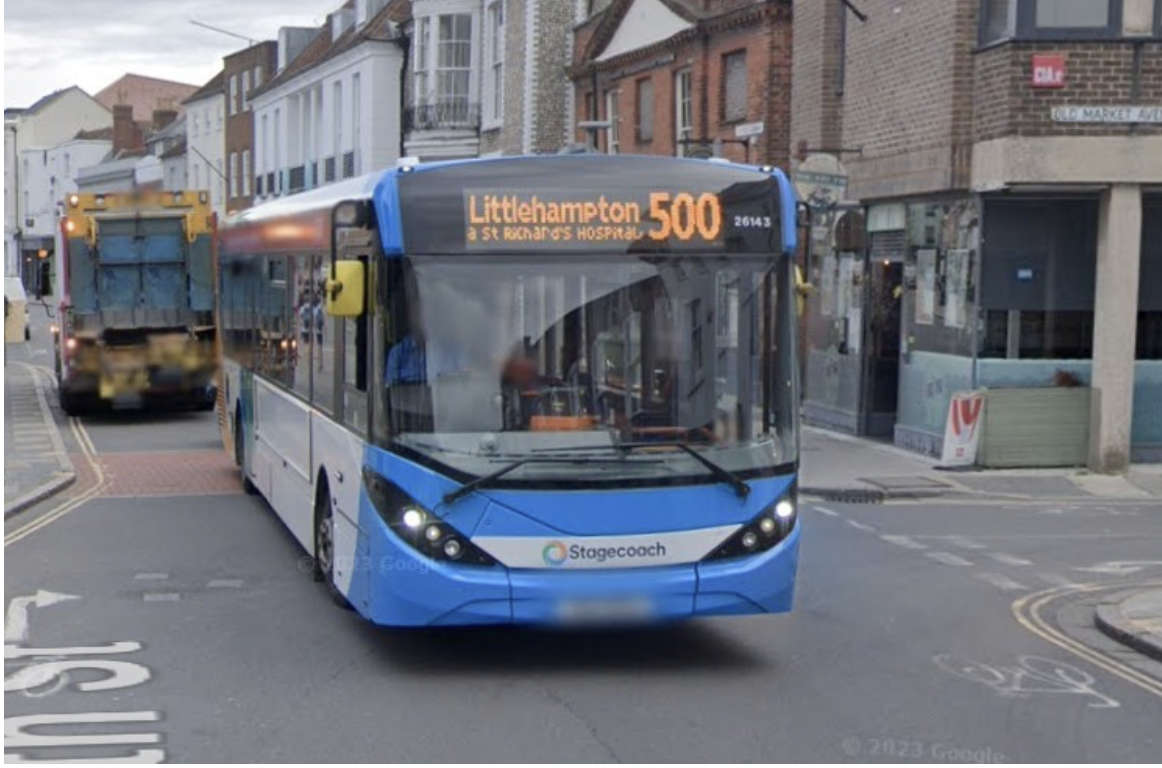 More 'Live' Bus Information Screens To Be Installed In West Sussex
More 'Live' Bus Information Screens To Be Installed In West Sussex
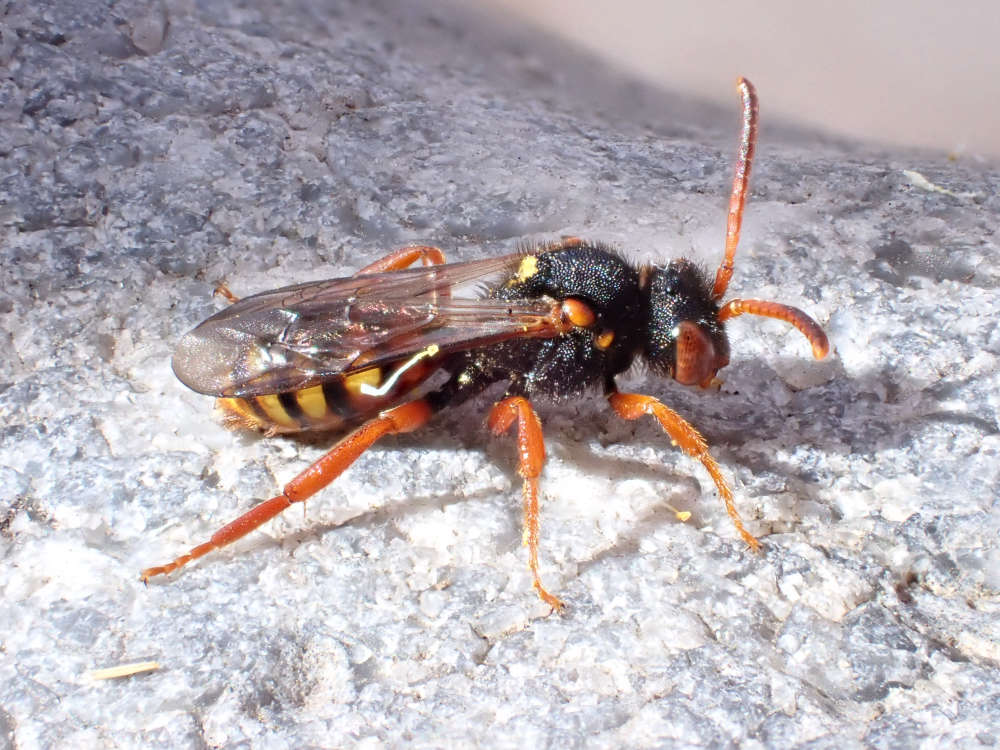 Rare Bee Found In Lewes
Rare Bee Found In Lewes
 Event Bookings Go Live For Worthing Festival ‘24
Event Bookings Go Live For Worthing Festival ‘24
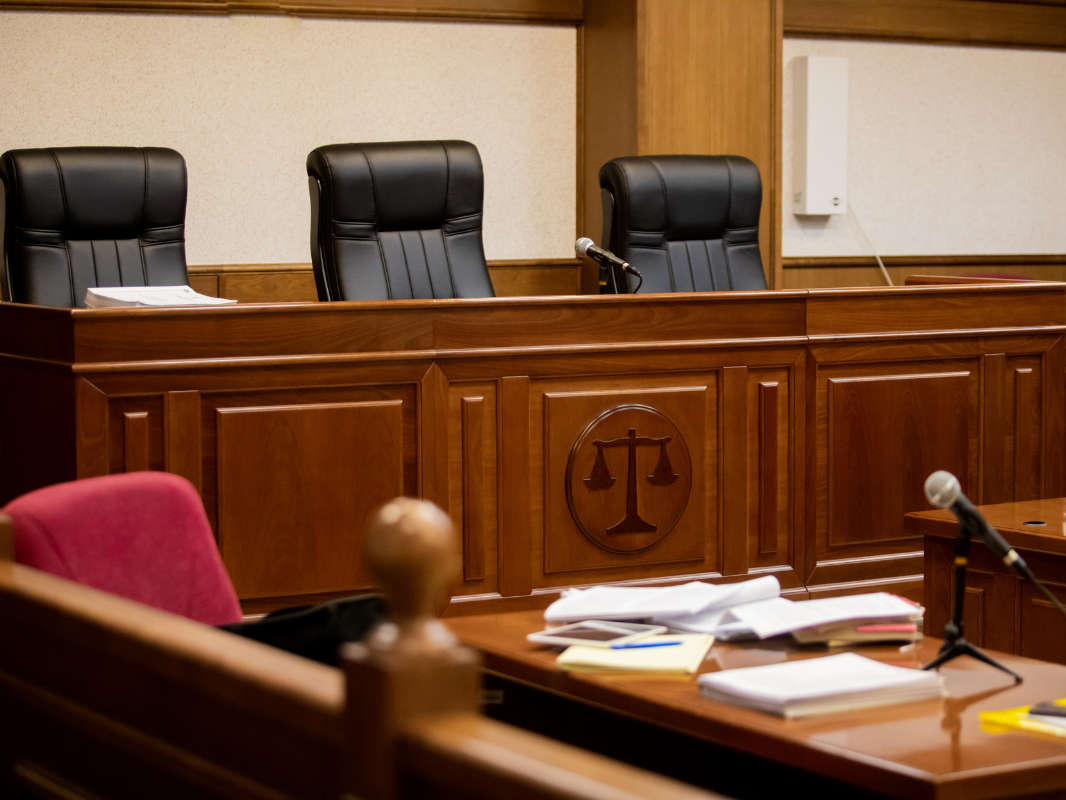 Man Charged After Throwing Brick Through Brighton Restaurant Window
Man Charged After Throwing Brick Through Brighton Restaurant Window
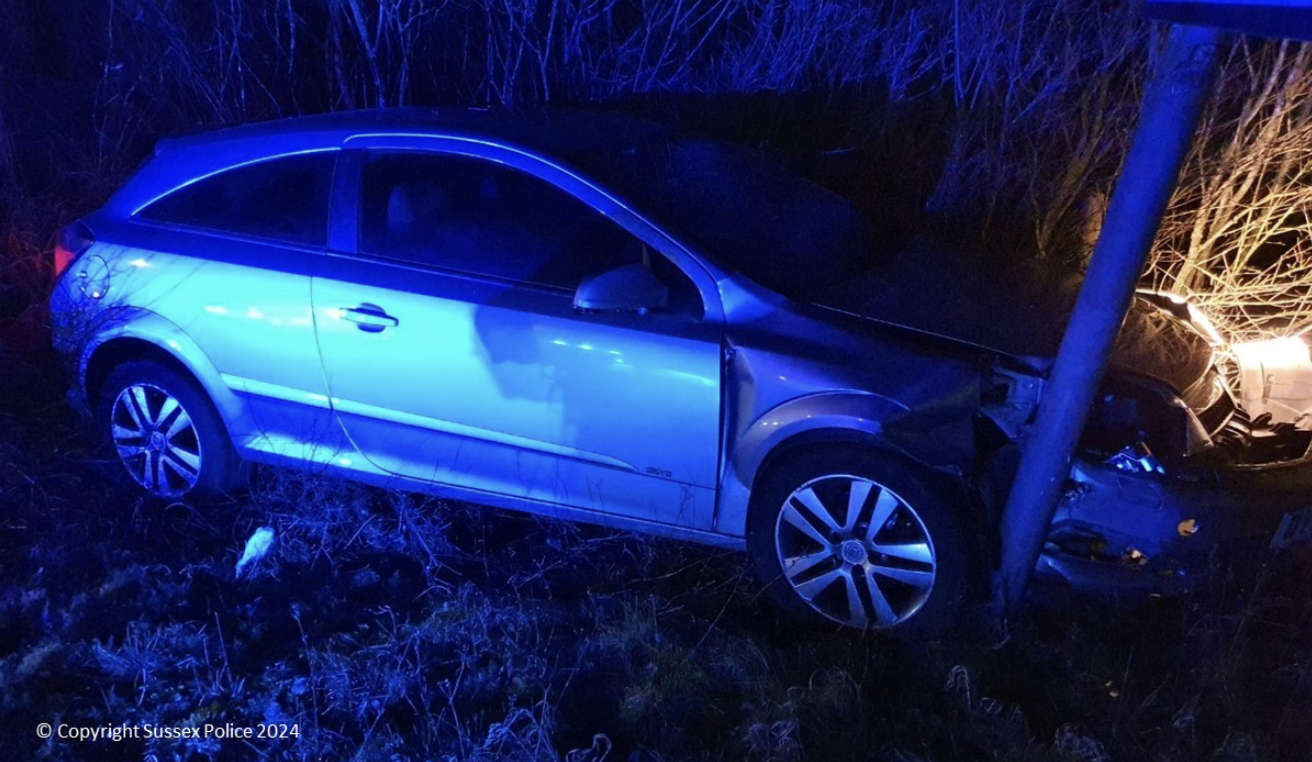 Peacehaven Man Disqualified Over High-Speed A27 Pursuit Near Brighton
Peacehaven Man Disqualified Over High-Speed A27 Pursuit Near Brighton
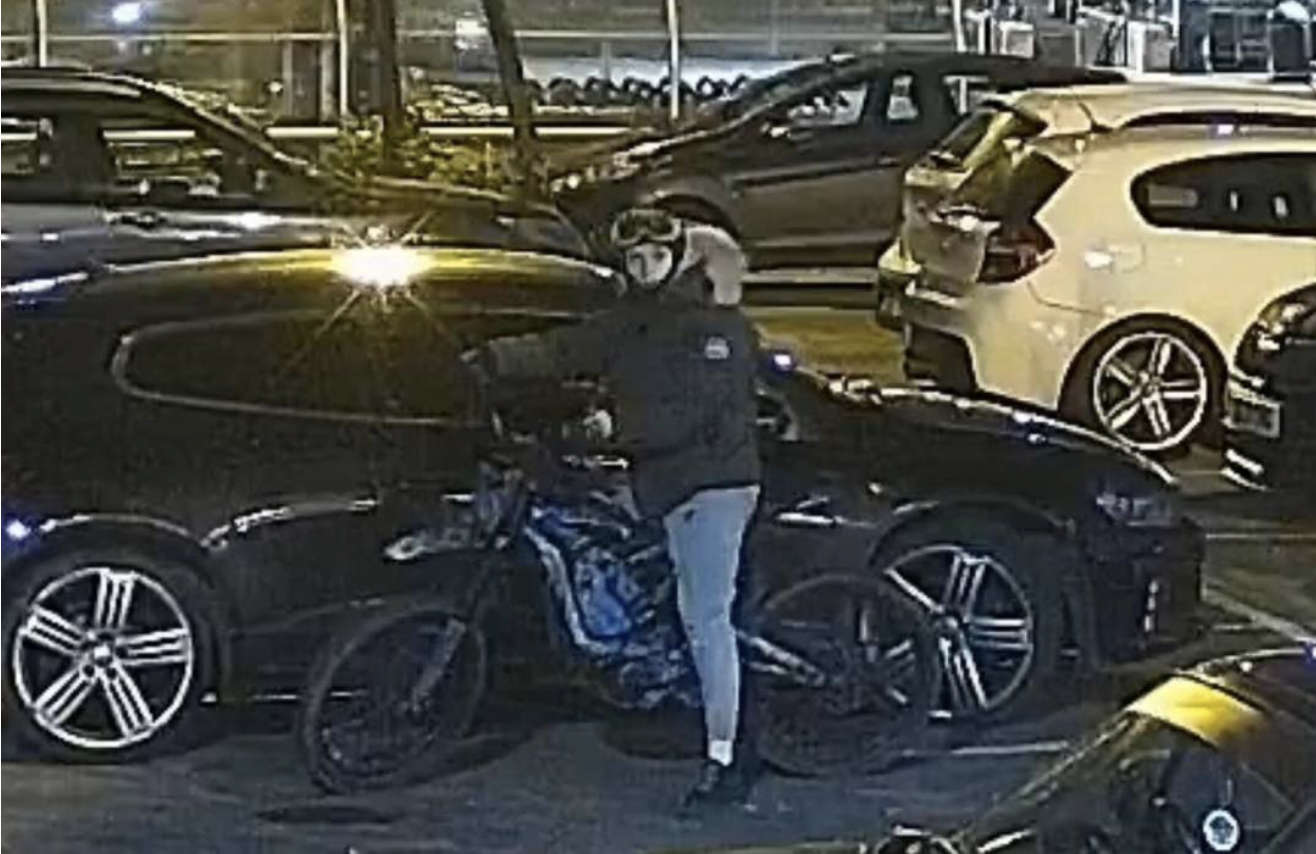 Appeal After PCSO Assaulted In Uckfield
Appeal After PCSO Assaulted In Uckfield
 Man Charged With Rape Of Teenage Girl In Newhaven
Man Charged With Rape Of Teenage Girl In Newhaven
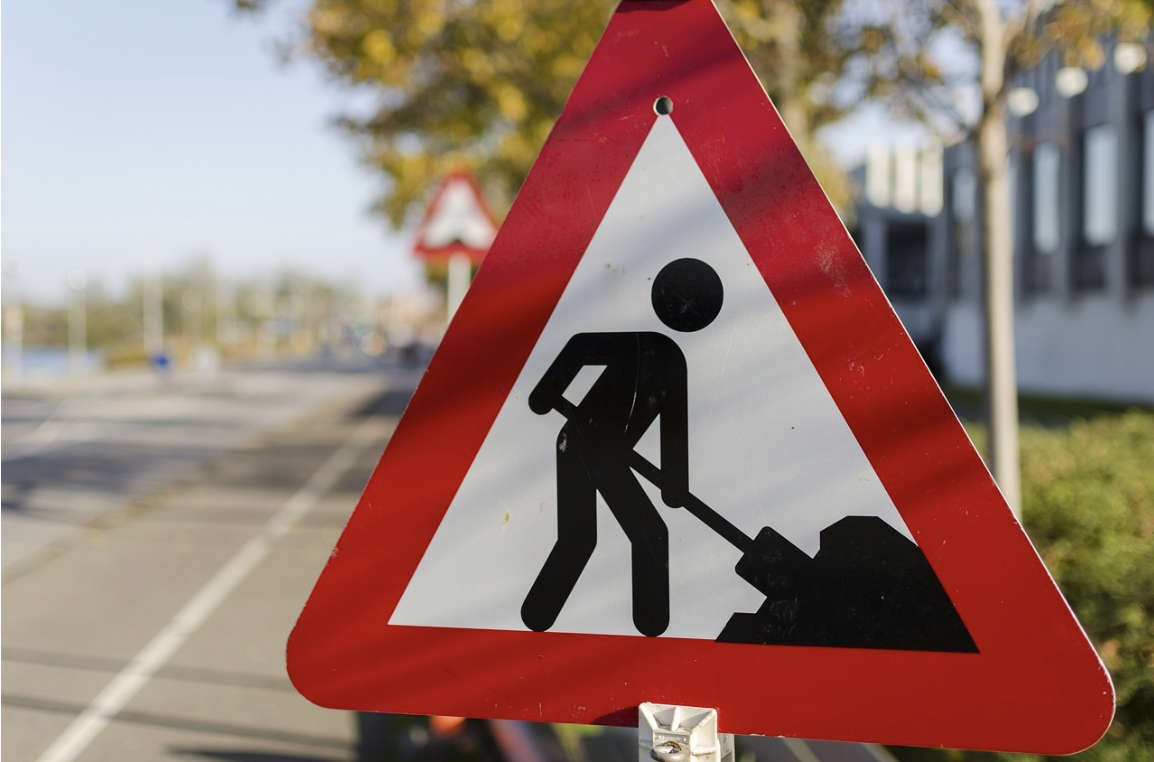 Overnight Closures For A22 Forest Row Road Improvements
Overnight Closures For A22 Forest Row Road Improvements
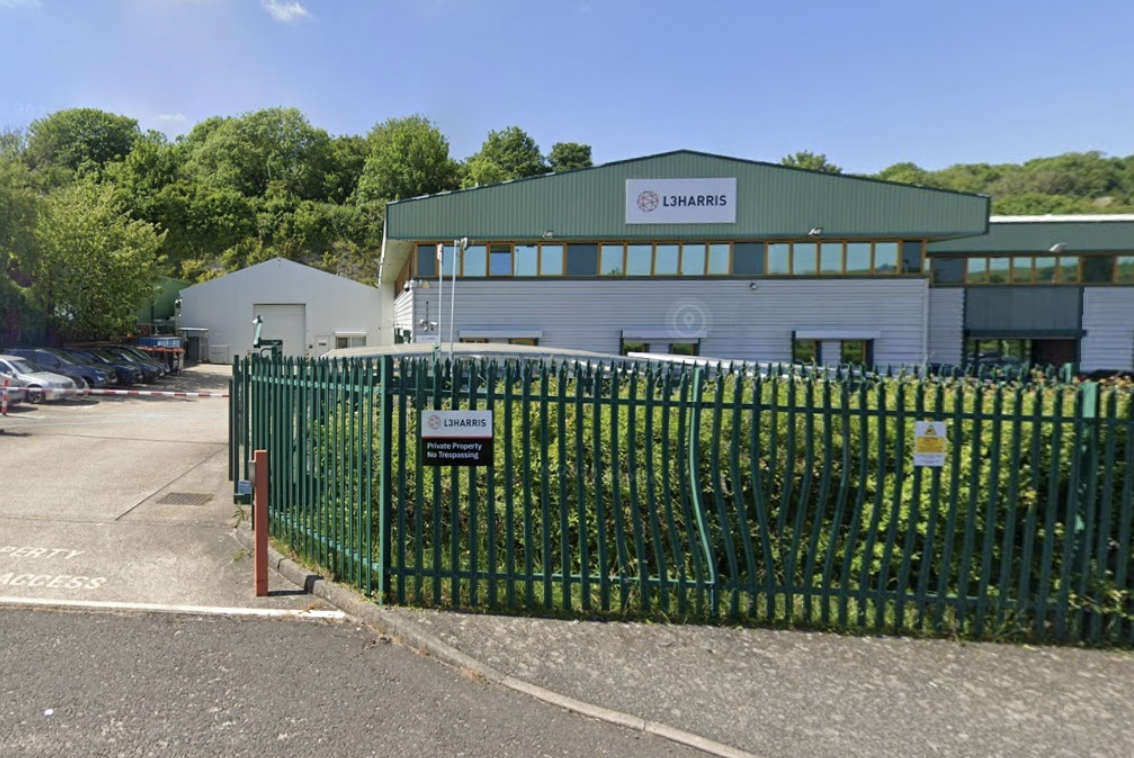 Brighton Defence Manufacturer's Controversial Planning Application Likely To Be Heard
Brighton Defence Manufacturer's Controversial Planning Application Likely To Be Heard
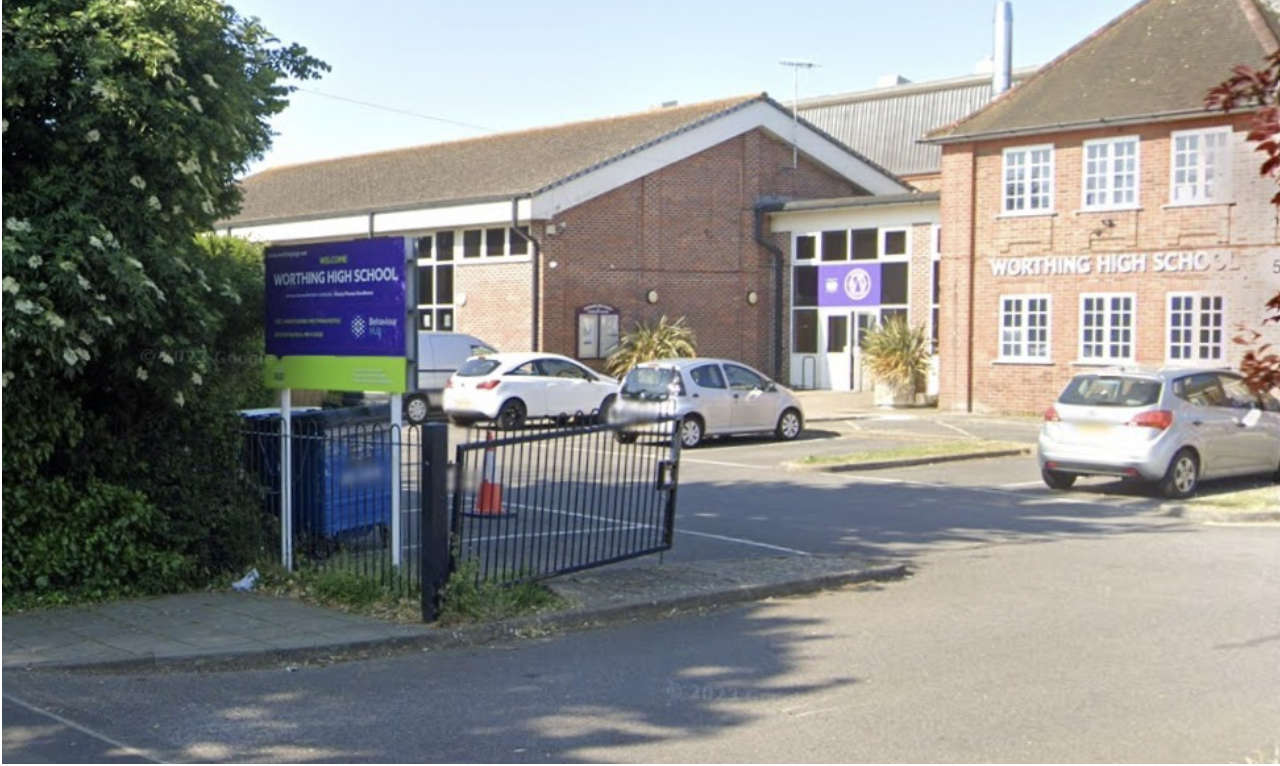 Over £2.4m Approved For Worthing School Support Centre
Over £2.4m Approved For Worthing School Support Centre